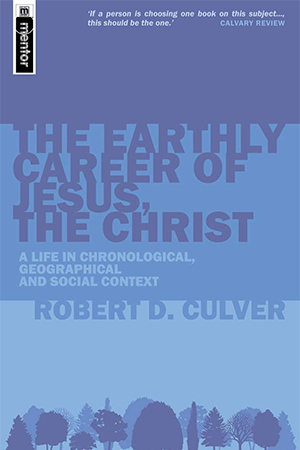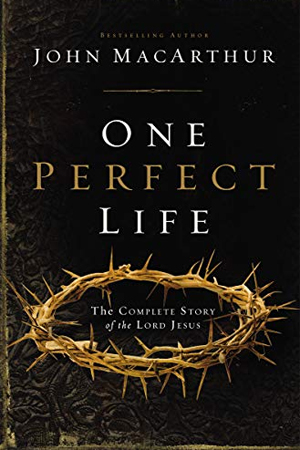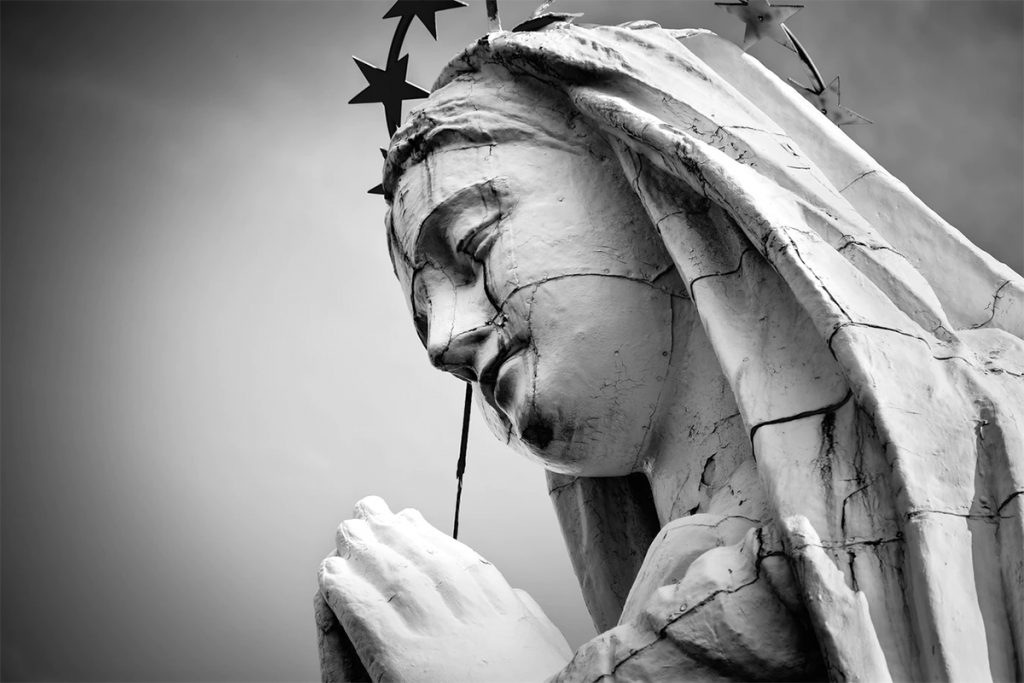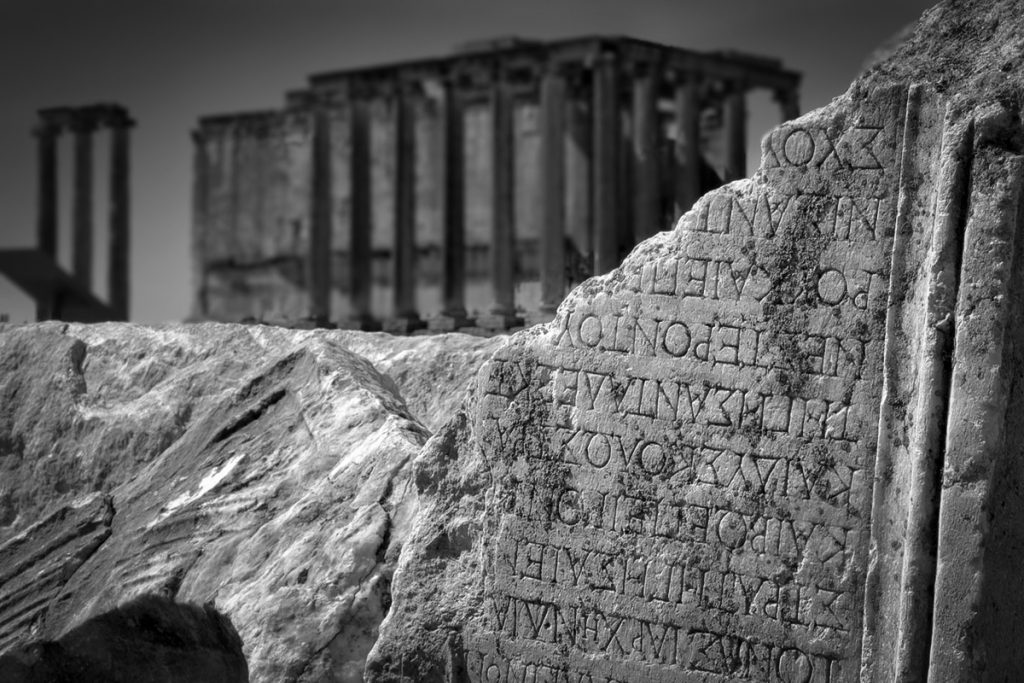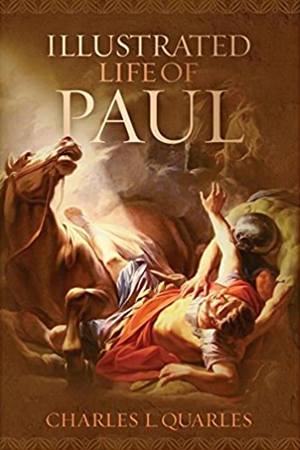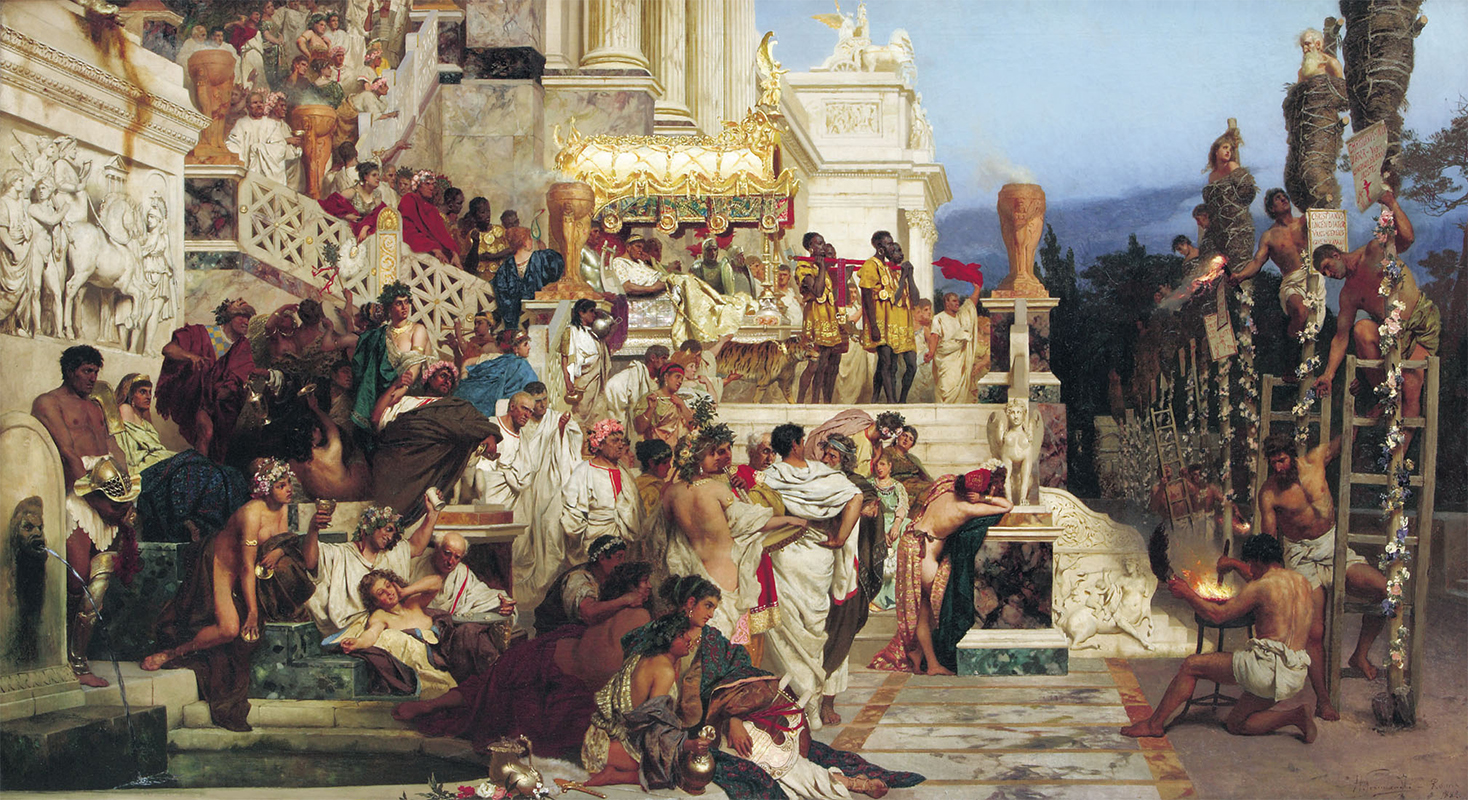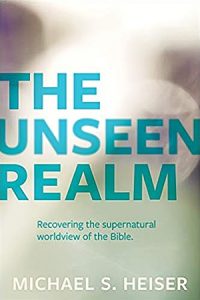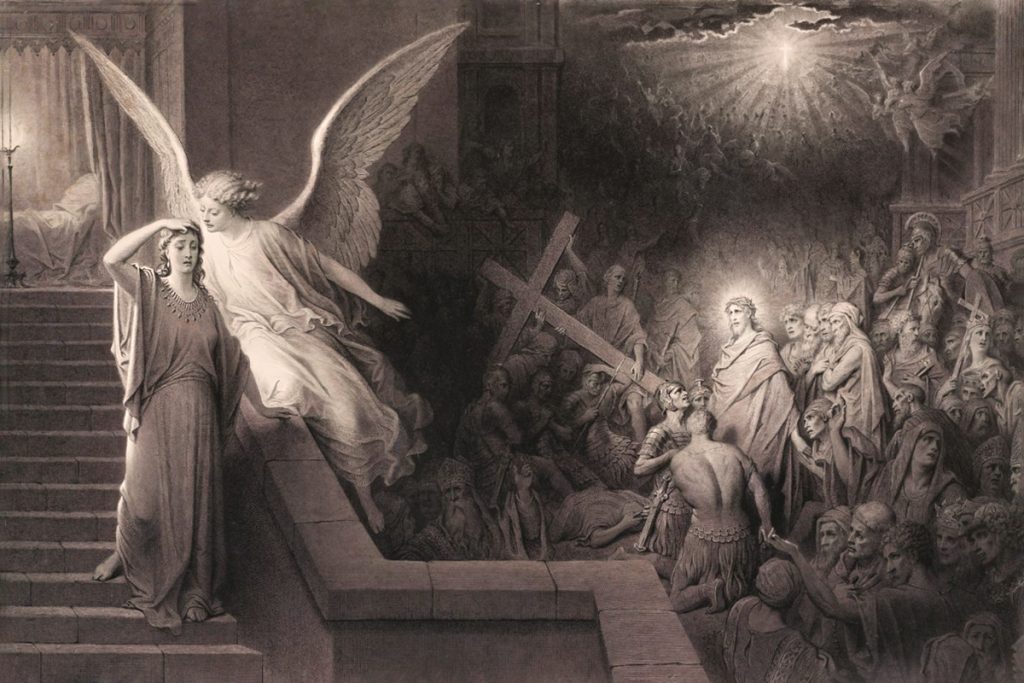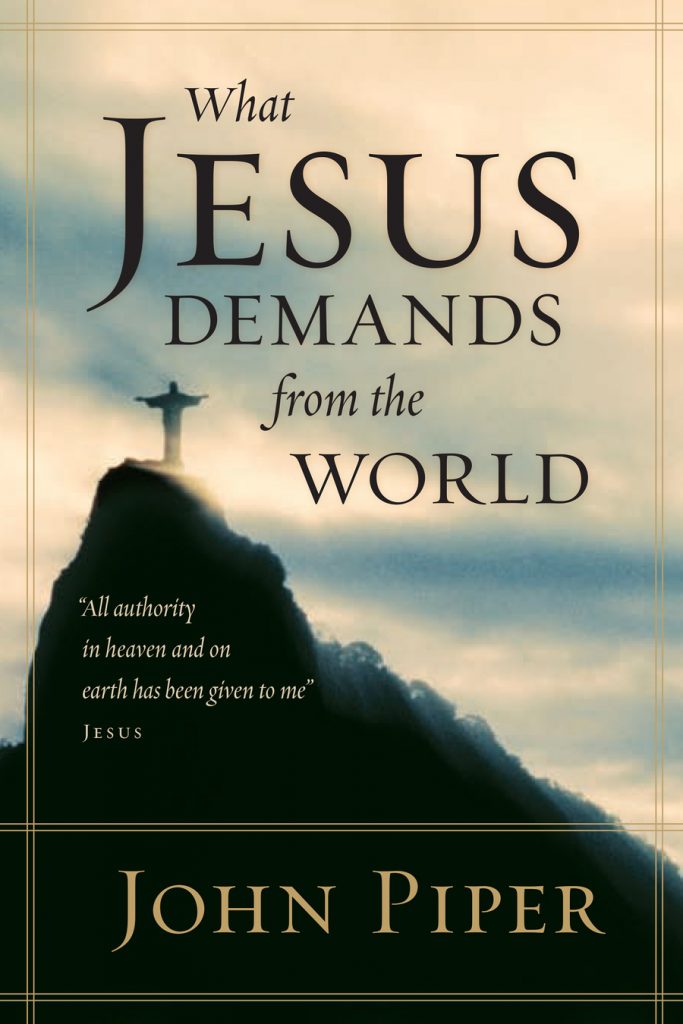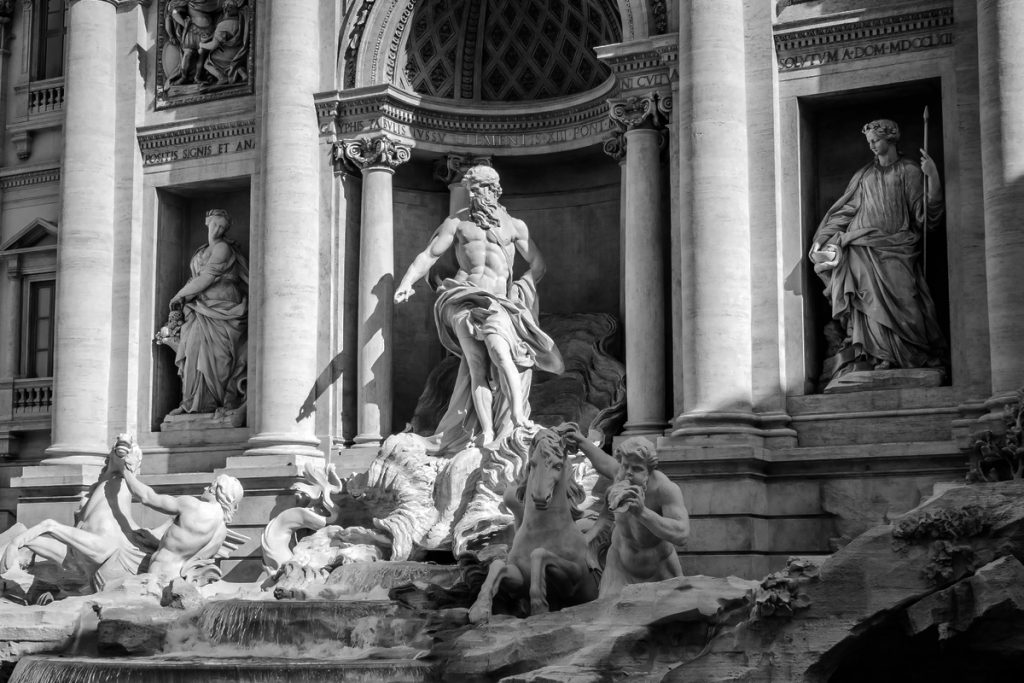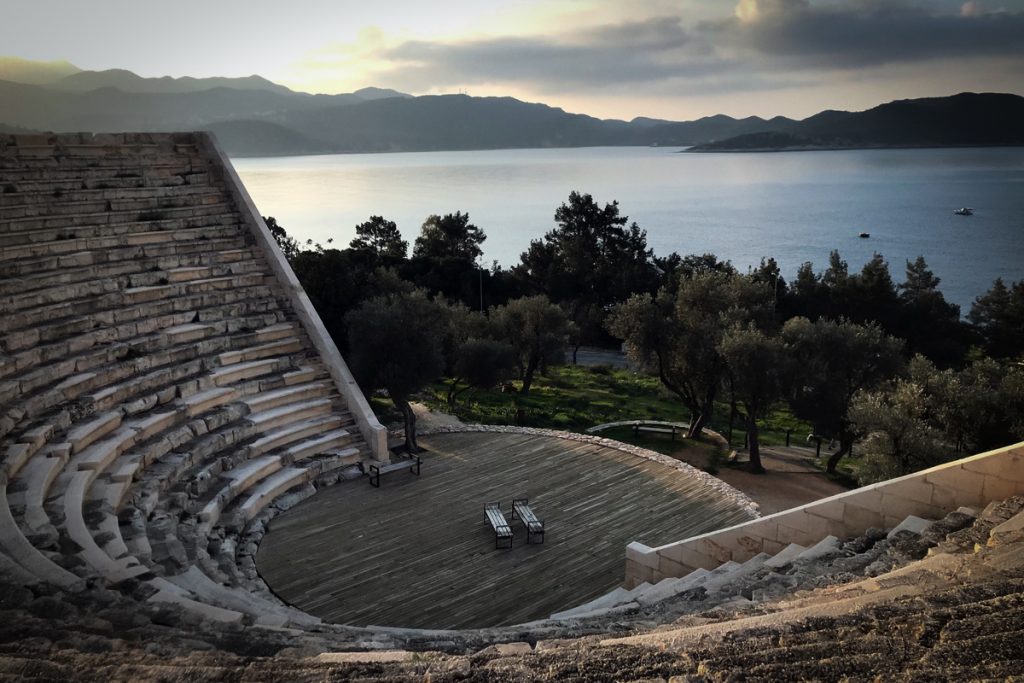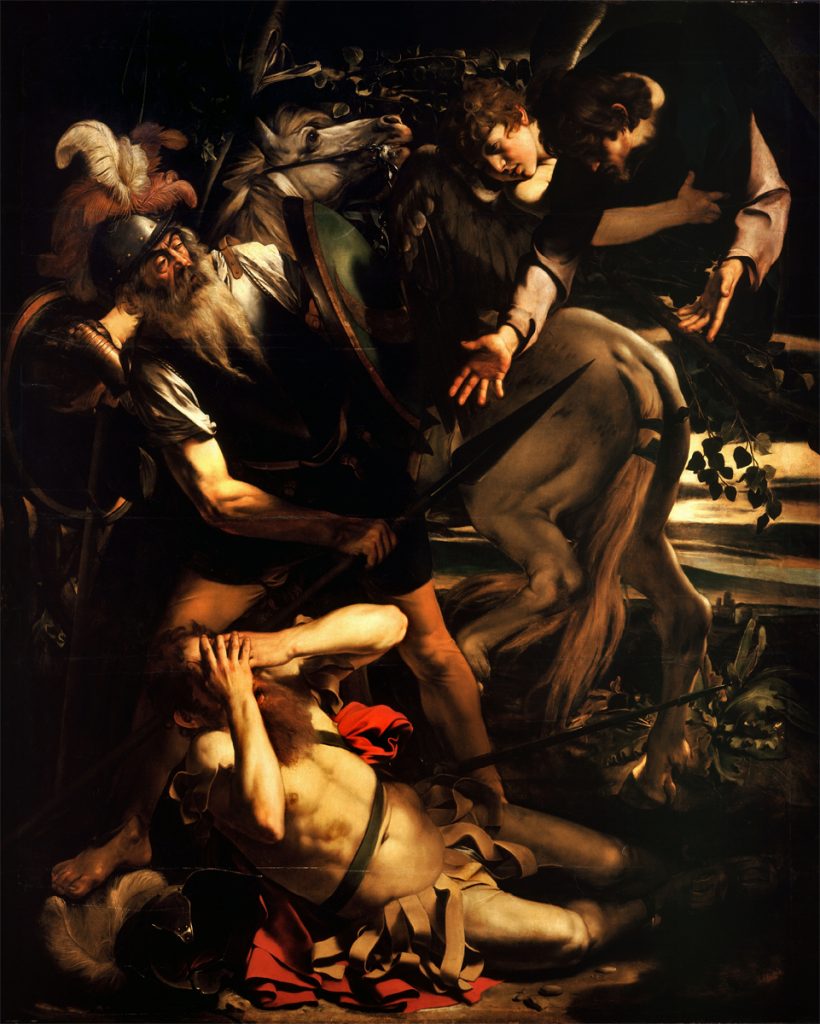This summary concerns this week’s reading between both texts ‘One Perfect Life, The Complete Story of the Lord Jesus’ (MacArthur), and ‘The Earthly Career of Jesus, the Christ, A Life in Chronological, Geographical and Social Context (Culver).’ As with this written summary, the prior material I wrote during this course culminates into a final project around the ultimate kingship and supremacy of Christ. The spiritual and messianic royalty of Christ as a spiritual reality to reclaim mankind for the Kingdom Jesus frequently articulated in this week’s reading. The “Kingdom of God” was upon humanity within Israel as prophesied centuries before.
In preparation for this post, I rewrote by hand the given content outlines of both books to bring together a coherent synopsis of this week’s reading. Just like last week to reinforce what both texts cover and speak about concerning Jesus’ work and life. This time, most significantly, was during a specific period that covers His time in Northern Israel around Galilee’s towns. Moreover, to prepare this week’s reading summary, I specifically concentrated on the early history of Jesus including the Galilean period of His life and ministry. As a comparison of both outlines between each text, my observations attempt to cover what was presented to get at what Jesus said and accomplished.
Within the Culver text, the author writes about the interval of ministry between the opening and completion of Jesus’ efforts within the Galilee region in Northern Israel. As organized as a written walkthrough, the author establishes that Jesus worked from a centralized location of his ministry and extended His work through time and throughout the region to His sermon on the mount. In so doing, Jesus gathered to Himself men who would become leaders to inaugurate the apostolic age. The Apostolate became formed through teaching and anointing from God through Christ to originate the Church and form the Kingdom of God on Earth.
The work of the ministry of Jesus and His apostles did not come without controversy and confrontation. With the Jewish leadership in opposition to Jesus, numerous recounted miracles, signs, wonders, messages, assertions, and teachings demonstrated a conflict between them and what He claimed. Even further, a growing rejection of Jesus from among townspeople developed due to conflicts of interest. They were especially concerning the Gentiles’ given place within the emergent Kingdom of God and what Jesus spoke about in terms of His flesh and blood as the bread of life for everyone who would believe in Him (John 6:29). To further illustrate the conflict Jesus faced, the synagogue leaders of Capernaum had objections to Jesus’ claim that the prophecy of Isaiah was fulfilled in their hearing (Luke 4:16-23).
In between the opening and closure of Jesus’ ministry in Galilee, He performed numerous astonishing miracles. Undeniable was His impact upon the people of the region and everywhere else among adjacent territories. Through His persistent efforts, He revealed to people His identity as their messiah—a savior from sin made possible through belief as a work of God. A redemption made effective for those who would believe in Him. As Jesus performed miracles, gained a reputation, taught wisdom, and proved his claims, people would place their trust in Him. To each person, Jew and Gentile, the Holy Spirit’s work produced regeneration to cement a permanently restored fellowship before God.
This was the growing Kingdom of God, as people believed in Christ by what He said and accomplished in the area. Many people were led to saving faith, and Jesus’ continued visits to towns in the Galilean area proved fruitful despite the continued opposition and hostilities.
Throughout the MacArthur text, the explicit interwoven scripture references give numerous accounts where Jesus feeds thousands, heals ailments, cures disease, casts out demons, heals the blind, makes the lame walk, walks on water, and speaks numerous parables to those who could hear. Event after event, in action, and by words of the incarnate God, Jesus demonstrates the presence of the Kingdom of God upon people of many types and various locales. To give a reason for the belief that many would come to recognize and accept Him as the Source of eternal life, He performed many supernatural wonders.
From Passover AD 29 to Passover AD 30
- Jesus Feeds the 5,000
- Jesus Walks on Water
- Jesus is the Bread of Life
- Reaction to Jesus’ Claim to Be the Bread of Life
- Jesus Confronts the Traditions of Men
- Jesus Ministers to a Syro-Phoenician Woman
- Jesus Heals in Decapolis
- Jesus Feeds 4,000 in Decapolis
- The Leaven of the Pharisees
- Jesus Heals a Blind Man
- Peter Identifies Jesus as the Messiah
- Jesus Foretells His Future Suffering and Glory
- Jesus Is Gloriously Transfigured
- Jesus Heals a Demon-Possessed Boy
- Jesus Predicts His Resurrection a Second Time
- Jesus Pays the Temple Tax
- Jesus Confronts the Disciples’ Rivalry
- Jesus Warns Against Stumbling Blocks
- Jesus Teaches About Forgiveness
- Jesus Is Ridiculed by His Half-Brothers
- Jesus Journeys to Jerusalem
- Jesus Teaches at the Feast of Tabernacles
- The Jewish Leaders Try to Arrest Jesus
- Jesus Forgives an Adulterous Woman
- Jesus Is the Light of the World
- Jesus’ Relationship to Abraham
- Jesus Commissions the Seventy
- The Seventy Return
- The Story About a Good Samaritan
- Jesus Visits Mary and Martha
- Jesus Teaches About Prayer
- The Pharisees Again Make Blasphemous Claims
- Jesus Warns the Scribes and Pharisees
- Jesus Warns Against Hypocrisy
- Jesus Teaches About True Wealth
- Warning to Be Ready for the Master’s Return
It is notable that through the various accounts of Jesus’ activity, there is a distinct absence of substantive transition between one event or activity and another. Each event is a freestanding occurrence of its own without an apparent reference back to what had occurred prior, where Jesus and His apostles might have called attention to His work in the past as specific recurring types of incidents that gave added weight to His authority, power, and identity.
As intertextually presented by MacArthur, the passages of Scripture account for what Jesus did, where He went, and what He taught. To give an organized rationale for message segmentation and recount what occurred to achieve or produce belief among people to develop God’s Kingdom—made apparent piece by piece to present discrete stories that together inform by staccato (not by legato) a message of supreme necessity. That, per se, this is about the life of Christ, His accomplishments, identity, and teaching, and more explicitly concerning the Kingdom of God as one synergistic and integrated whole around Christ’s body of work in Galilee and beyond.
